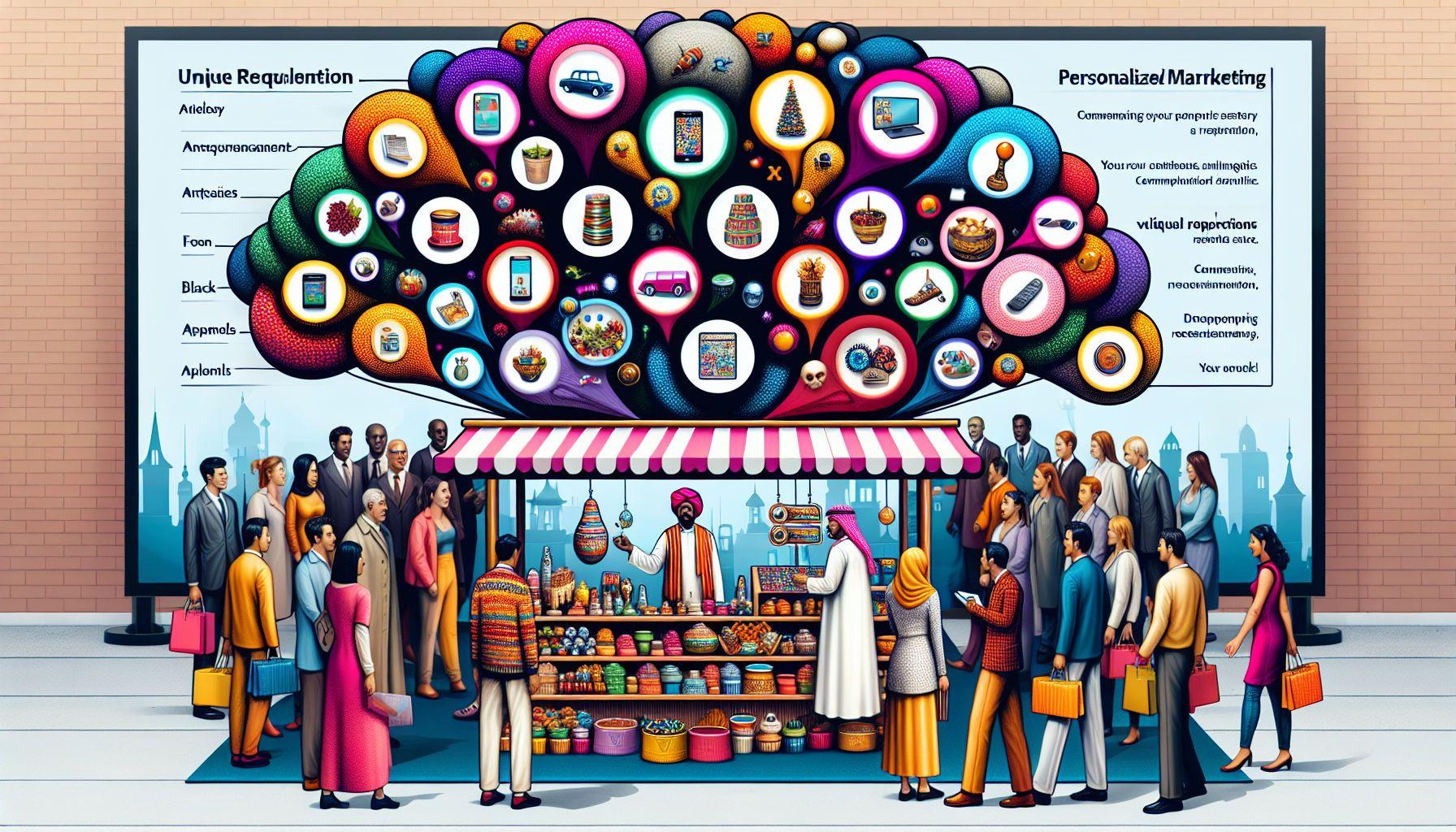How to Increase Conversions with Personalized Marketing
September 17, 2024
•
7 minutes

Content
Personalized Marketing: Boost Conversions, Enhance Customer Experience, and Capture Attention
In today’s world, where consumers are bombarded with information and offers daily, businesses must find new ways to retain audience attention. One of the most effective methods is personalized marketing, aimed at crafting unique offers for each customer based on their preferences and behavior. This approach not only boosts conversions but also strengthens customer loyalty, creating closer and longer-lasting relationships.
What is Personalized Marketing and How Does It Work?
Personalized marketing uses customer data to create targeted and individual messages that resonate with each consumer. The foundation of this strategy lies in collecting and analyzing data such as:
- Purchase history
- Interactions with websites or apps
- Demographic details (age, gender, location)
- Content and product preferences
- Frequency of website visits or service usage
This approach enables brands to "know" their customers and deliver exactly what they need at the right time. For instance, if a customer previously purchased home goods, they might receive offers for similar products or personalized discounts next time.
Why is Personalized Marketing Essential for Businesses?
Traditional advertising methods, such as generic email blasts or standard ads, are losing effectiveness because they often fail to match individual user interests. Personalized marketing, on the other hand, focuses on creating relevant offers tailored to each customer. This helps businesses achieve the following goals:
1. Increase Conversions: Personalized approaches make it more likely for customers to be interested in offers and make purchases. Research shows personalized recommendations boost purchase likelihood by 70%.
2. Build Customer Loyalty: When customers feel their interests and needs are considered, they are more likely to return to a brand and become repeat buyers.
3. Enhance Engagement: Personalized content and offers generate higher interest, leading to increased time spent on websites or apps and encouraging repeated interactions.
Key Methods of Personalized Marketing
To implement personalized marketing effectively, companies use several core methods:
1. Audience Segmentation
Divide your target audience into segments based on characteristics like age, gender, location, or behavior. For example, a business might target young mothers with products related to childcare.
2. Recommendation Systems
Leverage AI and machine learning to analyze customer data and provide tailored recommendations. These systems can analyze purchase history, product views, and clicks to suggest items users are likely to buy.
3. Personalized Email Campaigns
These campaigns account for individual interests and behaviors. For example, an email might offer a discount on an item a customer previously added to their cart but didn’t purchase.
4. Website Content Personalization
Dynamic website content adjusts based on user preferences. For instance, a fitness enthusiast may see the latest fitness product launches featured on the homepage.
5. Geolocation Offers
Use location data to send relevant offers. For example, restaurants can send special deals to customers nearby via push notifications or emails.
Examples of Successful Personalized Marketing
- Amazon: A leader in personalized marketing, Amazon uses data on past purchases and viewed items to recommend products likely to interest customers. This approach drives sales and fosters a stronger connection between the brand and its customers.
- Netflix: By analyzing viewer preferences, Netflix offers personalized recommendations for movies and shows, enhancing the user experience and increasing time spent on the platform.
- Spotify: The music streaming service creates playlists based on user preferences. Each time a user opens the app, they are presented with new playlists tailored to their tastes.
Conclusion
Personalized marketing is more than a trend; it’s an essential tool for succeeding in today’s digital landscape. With it, brands can boost conversions, enhance customer interactions, and build loyal audiences who keep coming back. By leveraging modern technologies, companies can deliver personalized offers relevant to each customer, driving sales and elevating the overall customer experience.
Recent posts







